The warning shot has been fired — women are done with being given hopelessly ill-suited and poor-fitting protective clothing to wear on construction sites.
It’s not a trivial issue to be shrugged off, said Jennifer Khan of EllisDon and Nour Hachem-Fawaz of Build a Dream, panellists at the recent Ontario Road Builders’ Association (ORBA) conference.
Both had an anecdote to share about female construction workers they have met who complained they were told to wear protective clothing that could have come out of their father’s closet. It was humiliating, the workers said, the PPE would not serve to enhance safety as intended, and in the broader picture the attitude was symptomatic of a culture that’s stuck in the past and does not know how to accommodate women on the job.
“We are on a mission,” said Khan, EllisDon’s head of inclusive diversity. “A men’s small is not an appropriate size for all women. And so our quest right now is to find PPE for women in construction that fits them properly.
“When it comes to belonging, when you want to create an environment where people are not an outsider, what you wear and how you present yourself in that company or in that workplace is so important.”
Hachem-Fawaz, the president of the diversity consulting firm Build a Dream, said women are telling her being forced to wear baggy clothing is a sign of disrespect.

“When I talk to more women in the industry, they’re highlighting the importance of comfort, of safety, of having gear that fits you properly so that you feel a sense of belonging,” she said, referring to a construction worker she recorded a podcast with. “What she highlighted was a perfect example of going beyond just the diversity in our workforce, where it’s male dominated, she might be one of the five women…but what are we doing to make sure that those five women feel a sense of belonging in a workplace that has been traditionally created for men?”
Khan and Hachem-Fawaz were invited by ORBA to discuss how construction firms should change tacks now that “diversity and inclusion are here to stay,” according to the event program.
“Essentially, people just want to go and work for people and work around people where they feel safe, where they feel valued, and where they feel included. It really, I think, is as simple as that,” said Khan.
DEI (diversity, equity and inclusion) in today’s construction workplaces has to be much more than posting a diversity statement on a website, Khan said.
“The nuance of diversity is that there’s so many other ways that people can be diverse, whether it’s socio-economic background, sexual orientation, education, all of those things make us all different. I think that sometimes people get caught up on, let’s just find people who don’t look like me,” said Khan.
Basic human rights laws are in place, Hachem-Fawaz said, and employers generally understand those obligations. But what is not taking place to any large extent are the continuous conversations around recruitment, retention and advancement, and workforce shortages in the industry.
“That’s where, as an employer, your obligation, I believe strongly, is to start building that future workforce pipeline,” she said. “What we’ve done is not working.
“As an employer, if we really, really want to be intentional about diversifying our workforce, building the future talent pipeline, getting more individuals interested in our workforce, we need to start being creative in the way we approach it.”
Hachem-Fawaz offered employers three practical steps to get started on their DEI path.
First, she said, real commitment starts at the top, with enlightened management. Khan’s own EllisDon is a leader in DEI, she said, led by CEO Geoff Smith.
“What I would encourage is having that buy-in from the top that trickles down into every leadership role within your company, because that leader is going to set the tone…that’s essentially saying, ‘not only do we value diversity, but everyone in our workforce has to feel a sense of belonging,’ ” said Hachem-Fawaz.
The second step is “intent.” That means developing a full strategy, then feeding it and assessing it, she said. Work with cultural organizations that represent underrepresented groups, look for government partners for workforce development, tap into pre-apprenticeship training programs.
And third is looking within.
“Ask yourself, as uncomfortable as it can be, what you could do differently in your everyday habits that can lead to a more diverse, inclusive and equitable workforce,” concluded Hachem-Fawaz.
Follow the author on Twitter @DonWall_DCN.


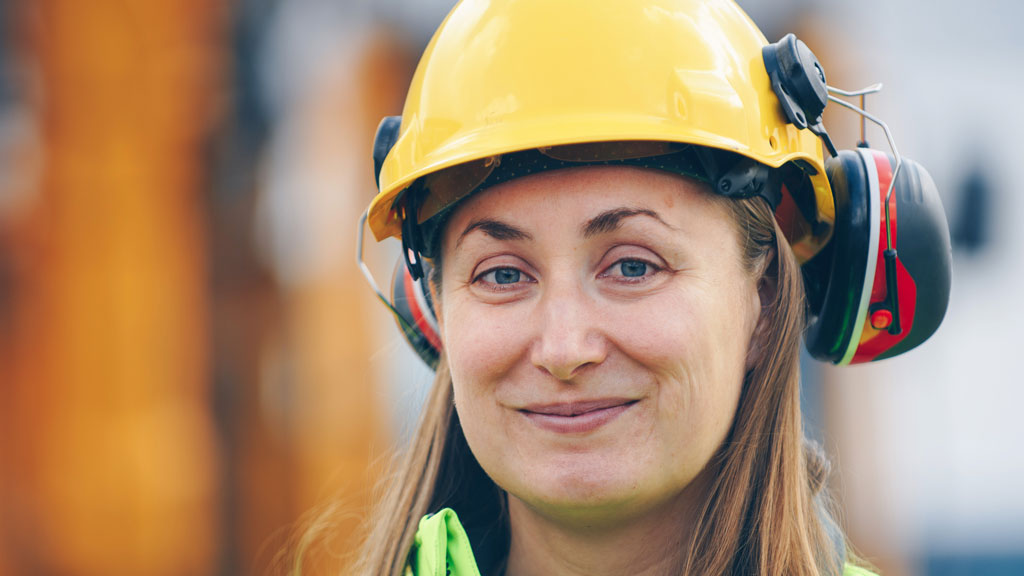
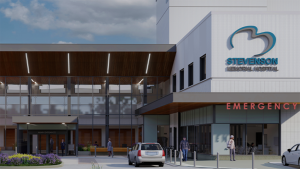

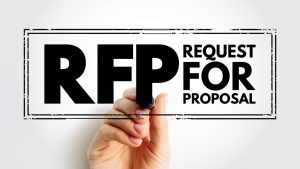
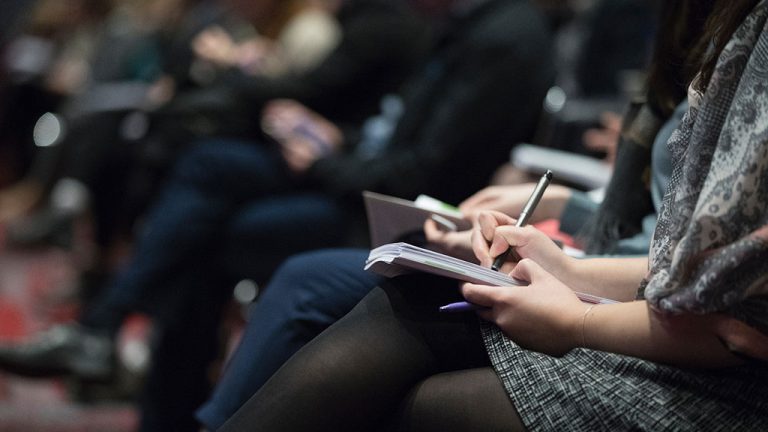

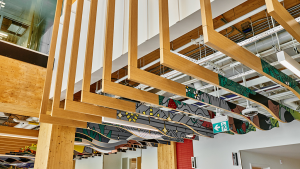
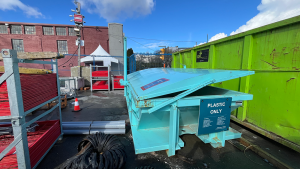
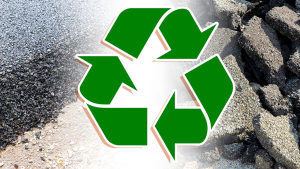
Recent Comments
comments for this post are closed